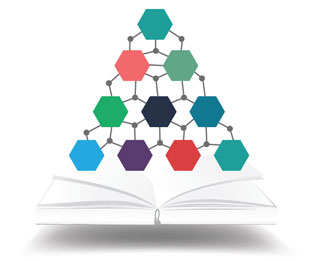 © GRAPHICNOI/ISTOCKPHOTO.COMSmall molecules are the ultimate drug candidates: they are relatively easy to manipulate chemically, and many of them readily enter cells after oral ingestion.
© GRAPHICNOI/ISTOCKPHOTO.COMSmall molecules are the ultimate drug candidates: they are relatively easy to manipulate chemically, and many of them readily enter cells after oral ingestion.
Traditionally, researchers suss out potentially useful drugs of this type by making or ordering a small-molecule library and then painstakingly screening each molecule in its own well of a multiwell plate to spot those that bind to a cellular target of interest. Although such screening is amenable to high-throughput setups, it requires a lot of time, plastics, and robotic equipment. Over the past decade, drug-discovery researchers in both industry and academia have increasingly begun to embrace a new method, in which small molecules are tagged with DNAs that serve as tracking devices.
Such DNA-encoded libraries allow the construction and testing of many drug candidates in one pass, which eases the process of evaluating large collections of small molecules. Small molecules are generated by combining chemical ...





















